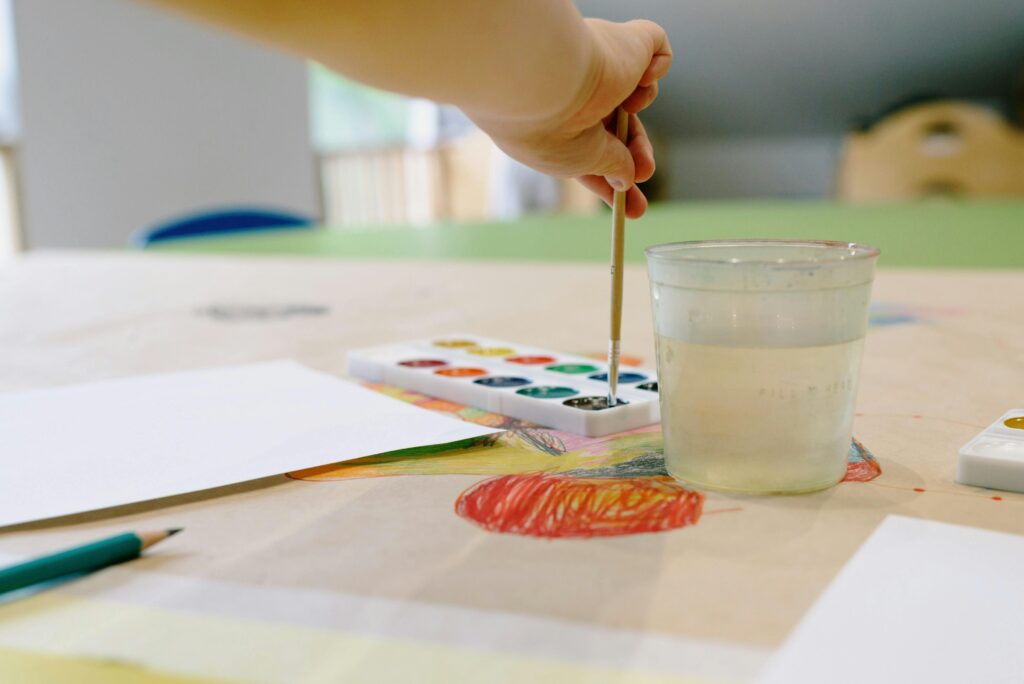
When working with children, I use play therapy as a powerful tool to help them express their feelings, thoughts and experiences in a natural and comfortable way. Children often find it challenging to articulate their emotions verbally, especially when they are feeling overwhelmed or confused. Play therapy allows them to communicate non-verbally through play, which can be particularly helpful when they find it difficult to express themselves with words. By using toys, drawings, role-playing and other creative activities, children can explore their emotions, process difficult experiences, and develop healthier coping mechanisms in a way that feels safe to them.
During play therapy, I primarily observe the child’s play patterns and engage with them in a supportive, non-directive manner, while remaining flexible to incorporate more directive approaches when needed based on the child’s individual needs.
This approach helps children:
- Understand and regulate emotions: By playing out scenarios, children can explore their feelings, making it easier for them to manage emotions like fear, anger, sadness, or confusion.
- Build self-esteem and identity: Engaging in problem-solving and decision-making during play boost children’s sense of competence and resilience.
- Processing Trauma and Life Changes: For children who have experienced trauma, grief, or significant changes (e.g., divorce or relocation), play therapy provides a safe, supportive space for processing these events.
- Enhancing Problem-Solving Abilities: Play therapy offers opportunities for children to explore different outcomes and solutions, building critical thinking and confidence in real-life situations.
- Developing Coping Mechanisms: Simulated scenarios and constructive feedback help children develop healthier coping strategies for anxiety, frustration, and other challenges.
I provide a warm, nurturing space where children can explore their inner world at their own pace. Through play, they can process their feelings and experiences in a way that promotes emotional healing and growth.
Who Can Benefit from Play Therapy?
Play therapy is particularly helpful for children aged 3-12, but can also be adapted for adolescents. It is effective for addressing a variety of issues, including:
- Anxiety or depression
- Grief and loss
- Trauma or PTSD
- Family conflicts or divorce
- Bullying or social challenges
- Behavioural issues
